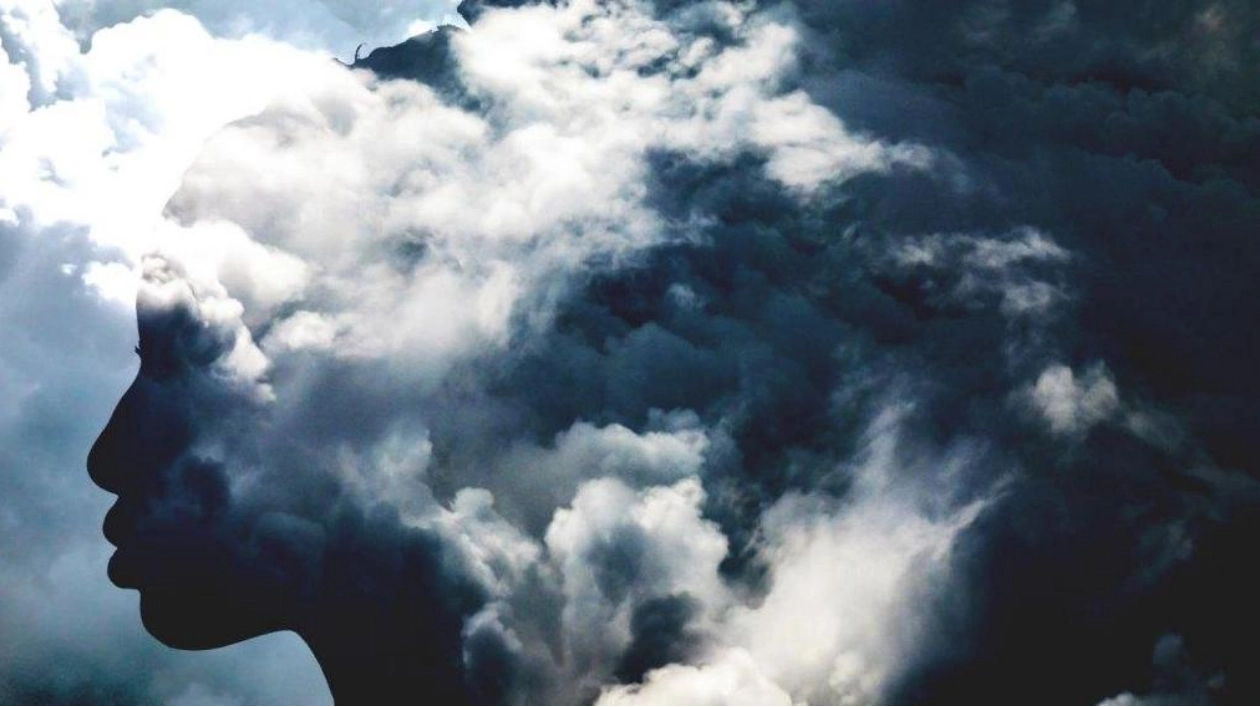If you're looking to experience a dream where you're aware you're dreaming, you might be in luck. A smartphone app appears to increase the likelihood of having lucid dreams.
Before going to bed, the app instructs users to listen to a specific sound, such as a series of beeps, and practice associating that cue with a heightened awareness of their thoughts and body. When the app plays that sound again six hours later, it aims to reactivate this self-awareness in the sleeping user, prompting them to become lucid in the middle of their dream.
These sensory cues have shown some effectiveness in inducing lucid dreams in sleep studies. Typically, a researcher tracks a person's sleep to play sounds during the REM stage, when lucid dreams are most likely. New experiments now demonstrate that a simplified version of this technique using an app can promote lucid dreaming at home, according to a report in the October issue of Consciousness and Cognition.
This do-it-yourself approach could help more people experience lucid dreams for recreational purposes or to explore the nature of consciousness.
Researchers at Northwestern University in Evanston, Illinois, developed and tested the app. In one experiment, 19 participants used the app every night for a week. During the previous week, the group reported an average of 0.74 lucid dreams. During the week of app use, that number increased to an average of 2.11 lucid dreams. "That's a significant increase for lucid dreaming," says Northwestern cognitive neuroscientist Karen Konkoly. "Lucid dreaming once a week is quite frequent."
However, it wasn't entirely clear whether the app's sound cues were responsible for the increase. "It could be that simply focusing on lucid dreaming for a week or having certain expectations played a role," Konkoly notes. To address this, the team conducted another experiment with 112 participants.
On the first night, everyone received lucidity-triggering sounds during their sleep. But on the second night, the app, unknown to the users, altered the conditions. Only 40 participants heard the sounds they had practiced with, while 35 heard different sounds, and the remaining 37 heard no sounds at all.
On the first night, 17 percent of participants reported lucid dreams. On the second night, those who heard the familiar sounds maintained the same rate of lucid dreaming. However, only 5 percent of the participants in the other two groups experienced lucid dreams, suggesting that the specific sound cues were indeed key to the app's effectiveness.
Source link: https://www.sciencenews.org






